Taliban warns Pakistan after Istanbul talks collapse again, says 'Ready for war'
Sun 09 Nov 2025, 01:12:07

The latest Afghanistan-Pakistan peace talks held in Istanbul have ended without any agreement, as tensions between the two neighbours deepen. In a statement issued on November 8, Zabihullah Mujahid, spokesperson for the Islamic Emirate of Afghanistan, said the Taliban government was disappointed by Pakistan’s behaviour during the discussions.
In the statement, Mujahid expressed appreciation to “the Republic of Turkey and the State of Qatar the two brotherly countries for hosting and mediating the talks.” He said Afghan representatives attended “in good faith and with appropriate authority” on November 6 and 7, expecting Pakistan to “approach the issue seriously and constructively.”
However, the statement said Pakistan again showed an “irresponsible and non-cooperative attitude,” attempting to “refer all responsibilities regarding its security to the Afghan government,” while displaying “no willingness to assume responsibility for either Afghanistan’s security or its own.”
In the same statement, the Taliban reiterated that Afghanistan would not allow its soil to be used against any other country, nor would it tolerate foreign interference in its internal
matters. “The defence of Afghanistan’s people and territory remains the Islamic and national duty of the Emirate,” the statement read, adding that it would “firmly defend against any aggression with the help of Allah and the support of its people.”
matters. “The defence of Afghanistan’s people and territory remains the Islamic and national duty of the Emirate,” the statement read, adding that it would “firmly defend against any aggression with the help of Allah and the support of its people.”
While stressing fraternal relations with the “Muslim people of Pakistan,” the Taliban made clear that cooperation would remain “within the limits of its responsibilities and capabilities.” The tone of the statement suggested deep frustration with Pakistan’s tendency to shift blame for security issues and its failure to commit to meaningful dialogue.
Confirming the outcome of the Istanbul talks, Pakistan’s Defence Minister Khawaja Asif admitted that the third round of negotiations had “reached an uncertain stage with no results.” He further said that there were “no plans yet for a fourth round.”
Reacting sharply, Afghanistan’s Minister for Tribes, Borders, and Tribal Affairs, Noorullah Noori, warned Pakistan “not to test the patience of Afghans.” He cautioned Asif “not to be overly confident in his country’s technology,” warning that “if war breaks out, both the elders and youth of Afghanistan will rise to fight.”
No Comments For This Post, Be first to write a Comment.
Most viewed from National
Most viewed from World
AIMIM News
Latest Urdu News
Most Viewed
May 26, 2020
Can Lionel Messi's visit boost Indian football?
Latest Videos View All
Like Us
Home
About Us
Advertise With Us
All Polls
Epaper Archives
Privacy Policy
Contact Us
Download Etemaad App
© 2025 Etemaad Daily News, All Rights Reserved.


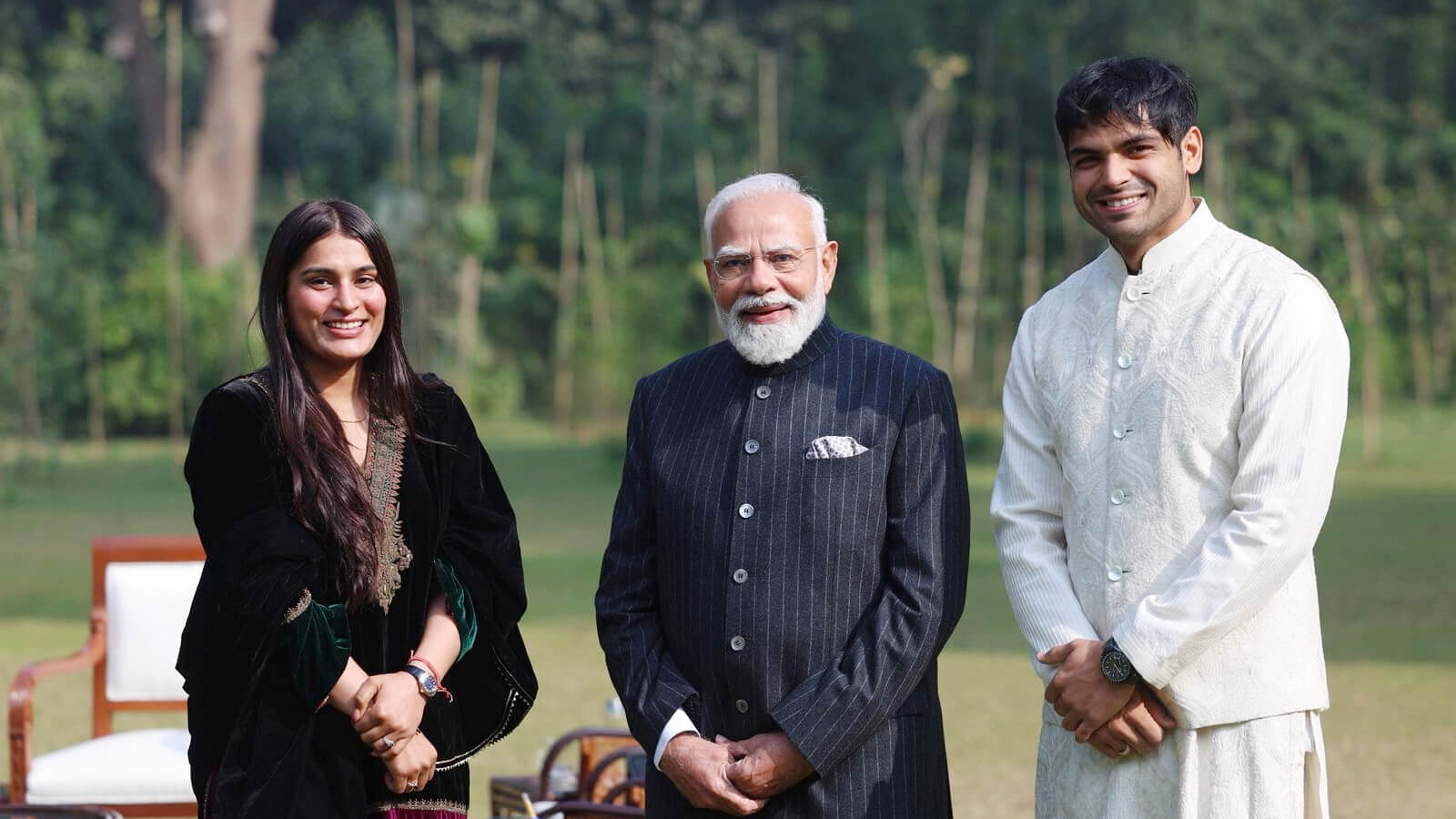
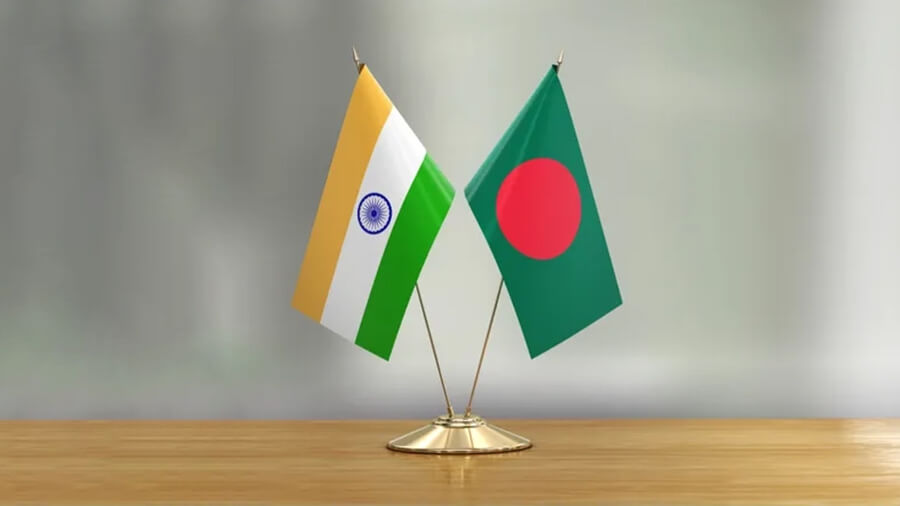

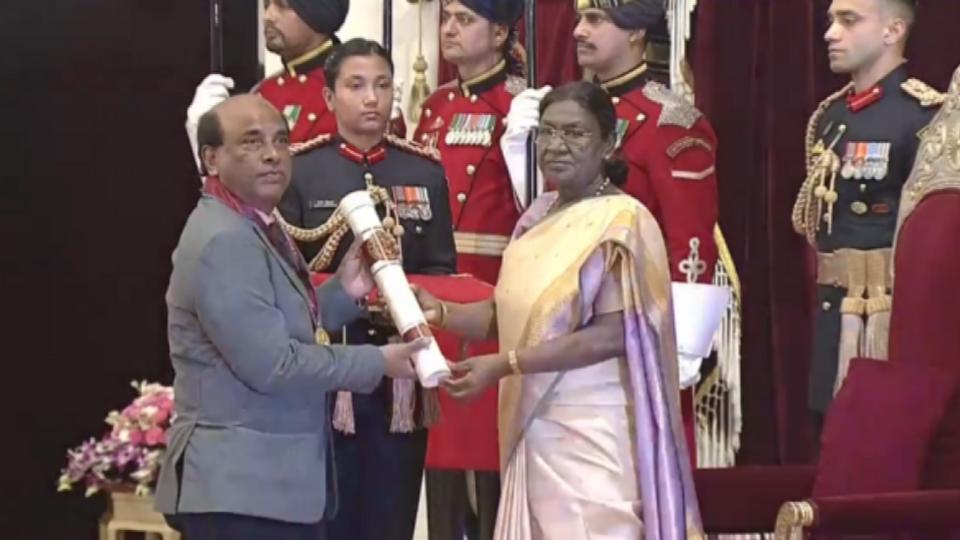

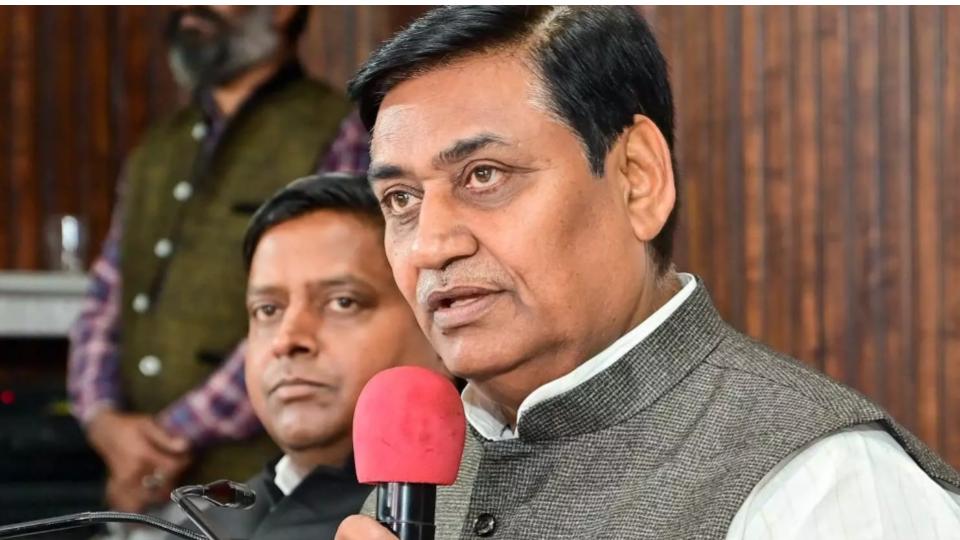


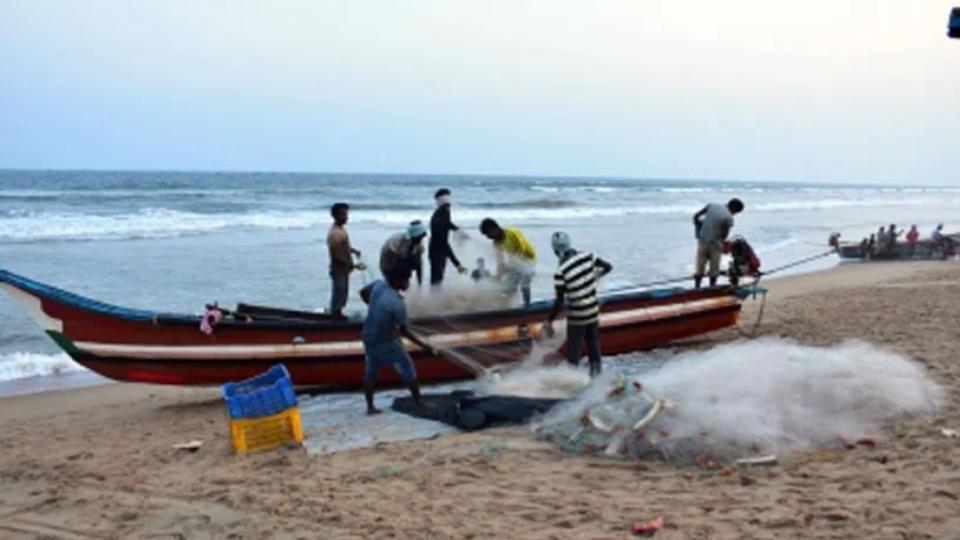


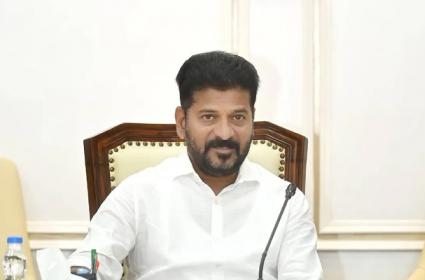


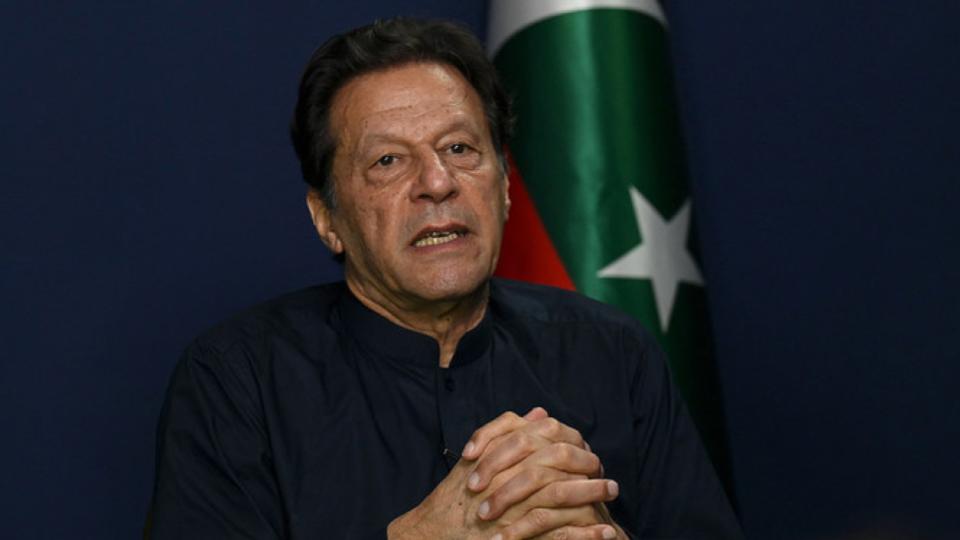

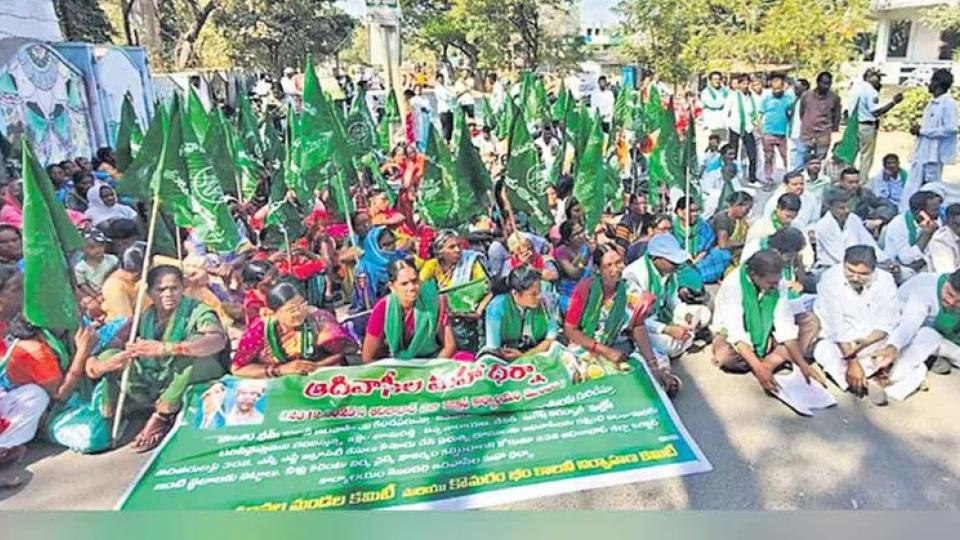
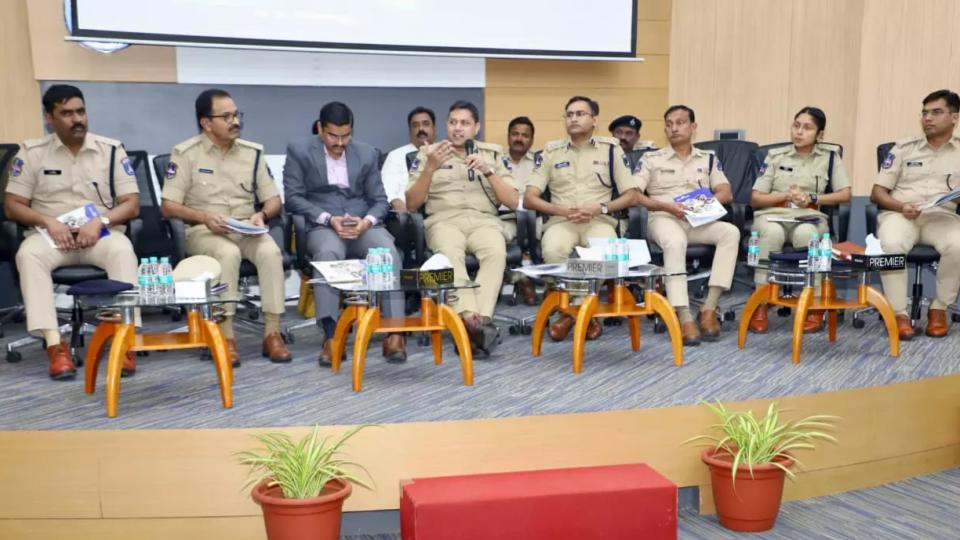






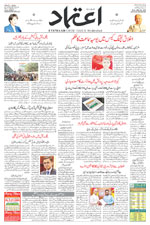










.jpg)
.jpg)
.jpg)


